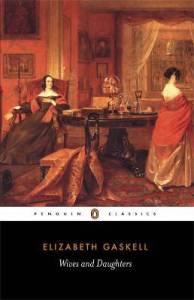This poem expresses the hopelessness and despair of the endless circle of misery that some nations -and hence their people- are subjected by their leaders in the too common strings-attached aid agreements.
It is not a happy poem; while I read it, I noted down the ideas that came spontaneously to my head: violence, betrayal, servitude, misery are some of them.
I wonder why children are compared with guns of all things?
The “Elders” are living in an unreal world: “Circus Lions away from home”, busy going all over the world only for their homelands to be the market of “leftovers”. In the beginning of the poem we get the impression that those leaders are really getting powerful: “Elders become big Circus Lions”. At the end of the poem we find out that there is no happy ending, while their “manes have aged”, the find themselves “in a beggarhood of Elders” with hands stretched in a prayer of submission.
It is interesting how some words are written beginning with capital letters even if they don’t appear at the beginning of the sentence. Is the poet subtly telling us to pay attention? For example the words Elders, Circus Lions, Circus, Zoos, Ringmaster, Gate, Tips. I think that all these are symbols of realities that exist.
Rudabiri was a diplomat; his position would naturally have given him ample information on the political strategy of his country.
I would like to know when this poem was written. Can someone please enlighten me?


 Wives and daughters tells the story of Molly, the daughter of Mr. Gibson, the local doctor in a small village. Her father is a widower, and Molly has since childhood, been very close to her father.
Wives and daughters tells the story of Molly, the daughter of Mr. Gibson, the local doctor in a small village. Her father is a widower, and Molly has since childhood, been very close to her father.

